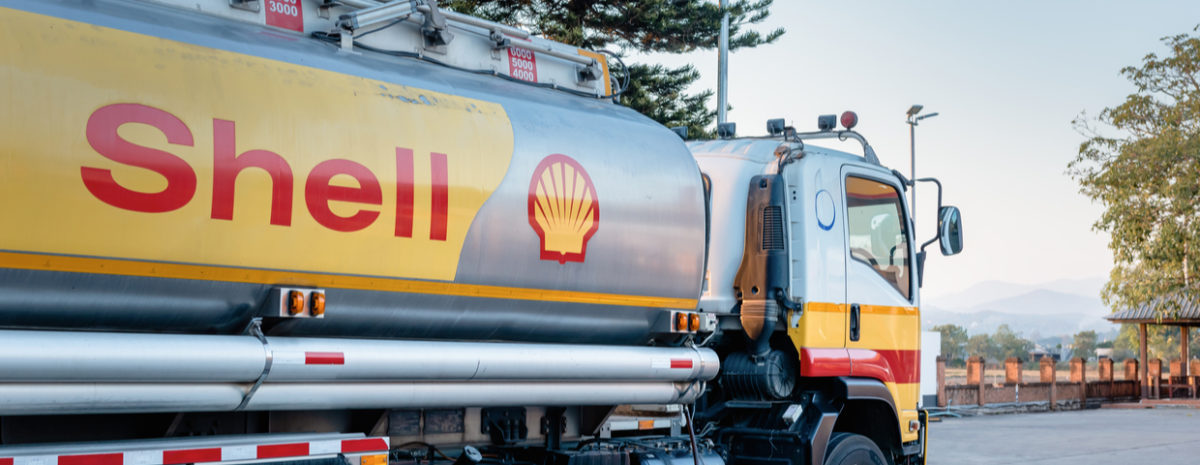Increasing food self-sufficiency should not come at the expense of imports, says IEA expert
SUGGESTED

Julian Jessop comments for The Times


“The overarching focus on innovation — freeing the British agri-food sector to produce more high quality food at lower prices — has the potential to deliver better results for consumers. Britain, seizing the opportunities provided by Brexit, can become a global leader in innovative technologies like gene editing, GMOs and cultivated meat and dairy.
“However, steps to increase our self-sufficiency should not come at the expense of imports. Food supply chains from all over the world are the best guarantor that British consumers are always well-fed, at a lower price and with a greater diversity of produce. Countries that try to produce all their own food are susceptible to domestic shocks. The idea of mandating the government to purchase domestic food is protectionist claptrap.
“While last week the Prime Minister spoke about the need to cut back red tape, to free up businesses and reduce costs, this strategy consults on new mandates, from animal welfare labelling requirements to food waste reporting, that risk putting new costs onto businesses and consumers.
“It is welcome that Henry Dimbleby’s recommendations on diet and public health, such as introducing a regressive multi-billion-pound sugar and salt tax, have been ignored. The issue will be shunted into an upcoming health inequalities white paper.”
ENDS
Notes to editorsContact: media@iea.org.uk / 07763 365 520IEA spokespeople are available for interview and further comment.



